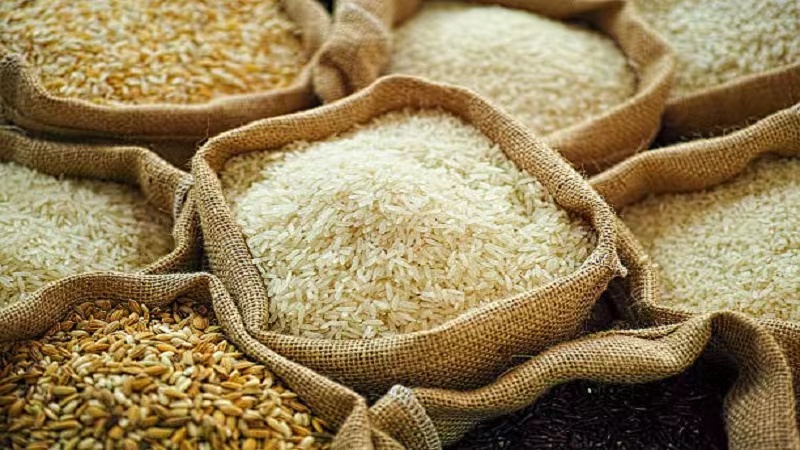Chairman Rice Research and Development Board Punjab Shahzad Ali Malik warned that challenges such as climate change, water scarcity, and pests can affect rice production in Pakistan and hectic efforts must be made on top priority to address these issues through research and development, improved farming practices, and policy support to ensure the continued importance and sustainability of rice as a cash crop in the country’s economy.
He said rice is one of the most important cash crops in Pakistan, contributing significantly to the country’s economy.
Talking to a delegation of plant breeders here today led by Prof Dr Muhammad Arshad Javed, Chairman Plant Breeding and Genetics Punjab University he said Pakistan is one of the major exporters of rice in the world, and rice exports play a crucial role in earning foreign exchange for the country.
The export of rice generates substantial revenue, contributing to the overall balance of trade and strengthening the economy, he added. He said its cultivation and the associated value chain provide employment opportunities to a significant portion of the rural population in Pakistan. Farmers, laborers, millers, traders, and exporters are all involved in the rice industry, creating jobs and improving livelihoods, he added.
About trade competitiveness, he said Pakistan’s rice industry competes internationally due to the quality and diversity of its rice varieties. By maintaining a strong presence in the global rice market, Pakistan enhances its trade competitiveness and expands its export opportunities.
He said the rice sector contributes to Pakistan’s gross domestic product (GDP) significantly and the income generated from rice cultivation and its related activities directly contributes to the agricultural sector’s overall contribution to the country’s GDP.
He said its cultivation serves as a means of poverty alleviation in rural areas of Pakistan. He said small scale farmers, who constitute a substantial portion of the rice-growing community, are able to generate income and improve their living standards through rice farming.
Regarding food security, Shahzad Ali Malik said it is a staple food in Pakistan, and the country’s growing population relies on it as a major dietary component. He said the production of rice ensures food security by providing a stable supply of this important crop to meet the domestic consumption needs.
About rural development, he said the cultivation of rice plays a significant role in rural development by stimulating economic activities in rural areas. It encourages infrastructure development, supports the growth of ancillary industries, and helps improve living standards in rural communities.





